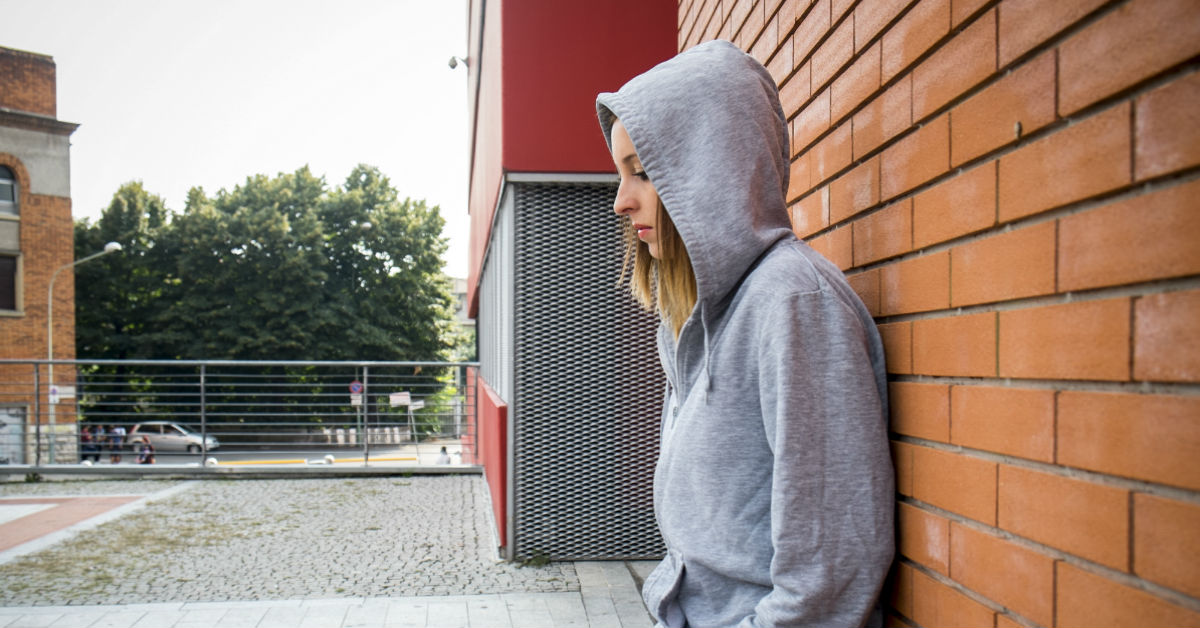Therapy, group sessions, residential treatment programs, outpatient programs, school intervention, family court, juvenile detention, neuropsychiatric institutions, involuntary placement…these are all terms that are heartbreakingly familiar with families with troubled teenage boys. Mental illness, drug addiction, personality disorders, maladaptation to trauma and other factors can overwhelm any teenager and lead them to disaster if help isn’t sought. But what do you do when none of that help seems to work?
More and more, parents are turning to therapeutic boarding schools for assistance.
What Is a Therapeutic Boarding School?
A therapeutic boarding school is a residential treatment center with a twist. On one hand, it provides an inpatient setting or long term care (usually six months to a year), where patients can get individual and group therapy, take part in programs like art or music therapy, learn coping strategies and overcome their behavioral struggles. Some specialize in substance abuse and other addictive behaviors, others are more broad.
What makes these different from other residential treatment centers is that they are balanced with equal emphasis on academic improvement. On site are board certified teachers, tutors and administrators who are there to help your teen catch up to his peers and improve his grades.
There are also other activities, such as sports, art, recreation and more to give them time to socialize and enjoy activities that they are passionate about. This is critical for academic success, which is partially reliant on extracurricular activities and remaining engaged in overall education and social development.
Isn’t Boarding School Extreme?
Many parents feel this way and worry that they are sending their teen away. But nothing could be further from the truth. A therapeutic boarding school is a safe space where a teenage boy can grow into himself and overcome the demons he has been struggling against.
Families are a part of the program. Regular visits can be scheduled, weekly reports are sent home and parents are kept aware of each step as their son takes it. Families are also advised on how to continue treatment and making progress once their teen has arrived home.
Sundance Canyon Academy
Sundance Canyon Academy is one such institution. With an average stay of six to nine months, it provides a well rounded approach to treatment that includes academic improvement and intense therapy. They provide outdoor and sports activities, a culinary arts program and music therapy.
Find out more at HelpYouTeenNow.











0 Comments